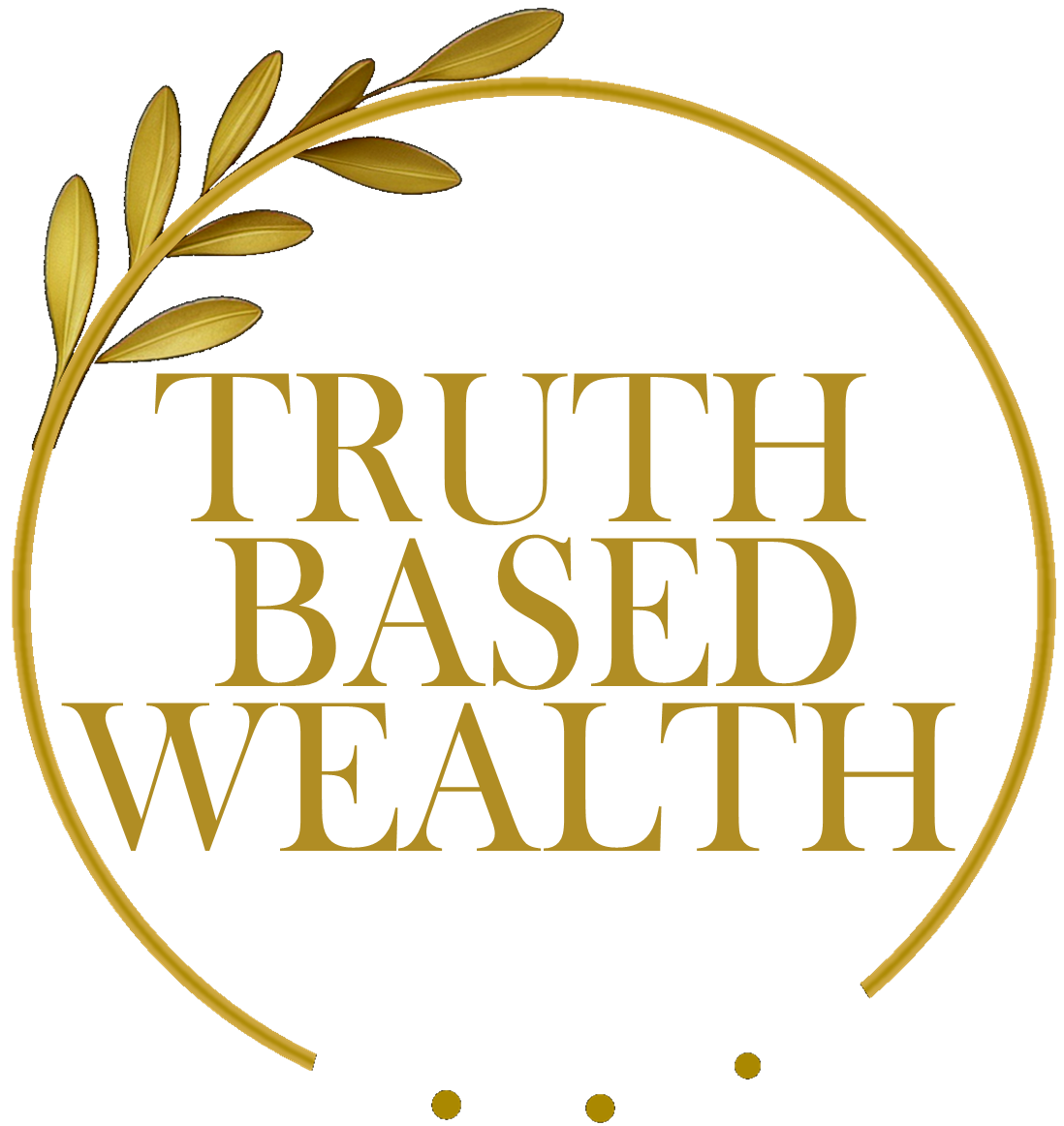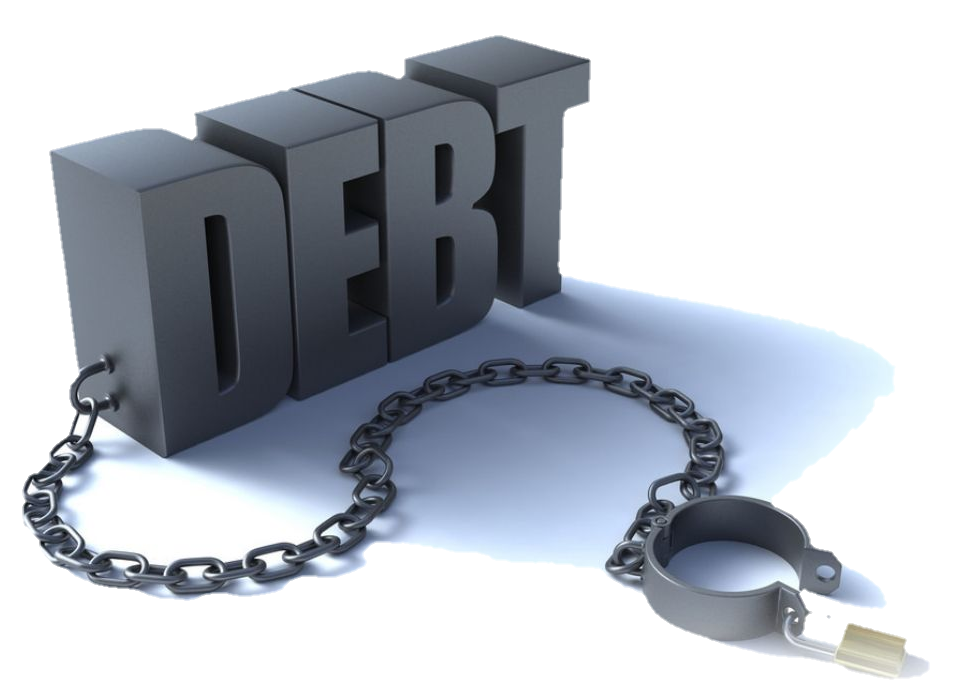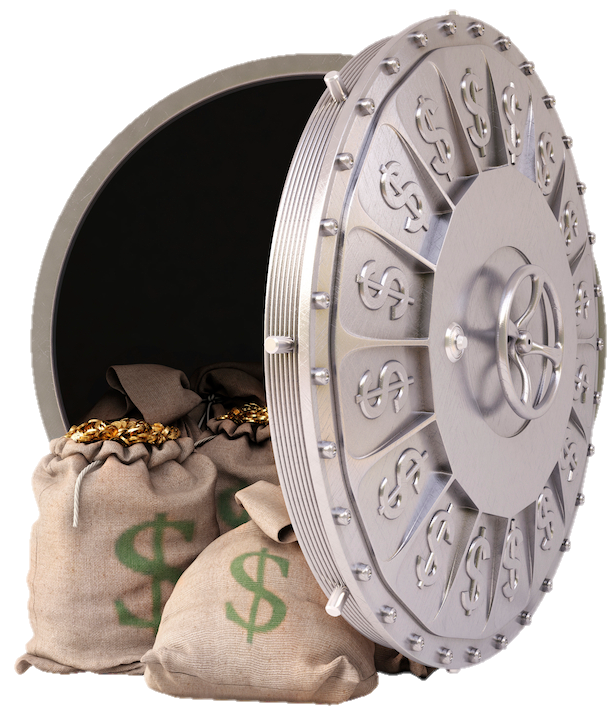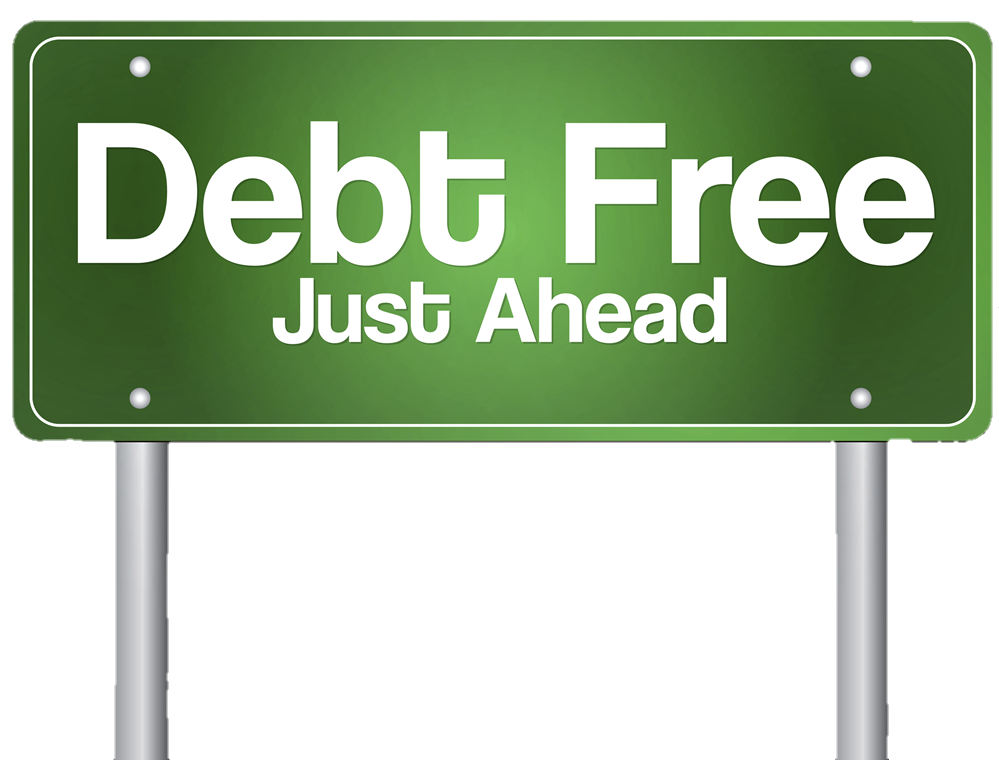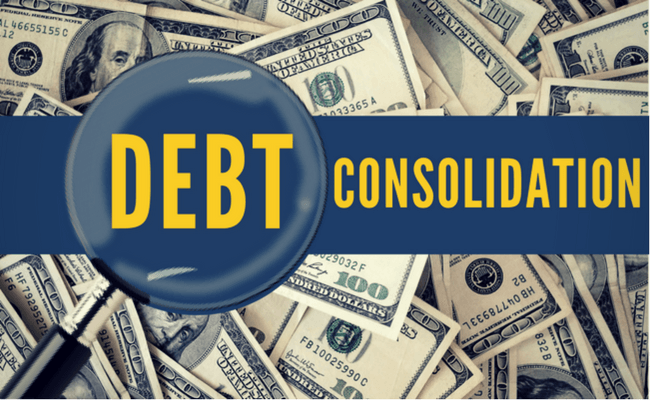
Paying Off Debt
I want to start off by saying that Debt is not the dirty 4 letter word that many people were taught it was. Debt can be bad if it is not managed and losing you money, but it can also be good. If you get a loan for something that you can use to make money with, then it is good debt. For example, a loan to grow your business, or a mortgage on a house that you are able to rent out, making you money. You could also say that your own mortgage, car loan, and student loans can be a form of good debt, because without those you wouldn’t have a home to live in, a car to drive you to work, or the job that is supporting your lifestyle (if you are actually using your degree for your occupation).
I want to state the importance of the 70-20-10 rule for how to divide up your income, which you can read more about here. Those numbers are percentages and guidelines that can be adjusted for your situation. For example, if you need more then 70% to pay all of your living expenses, then adjust that to where it needs to be. The important part is that you are at least putting something away each month for your savings, and do it consistently to get the ball rolling and keep it rolling. I would see how much money you have left after paying all of your regular bills, then divide that into 3 parts. 2 parts goes to paying your debts off, then 1 part goes into your savings. Then once you get your debts paid off, then you can have all 3 of those parts going to savings.
Also along with that, you should sit down and go through all of your expenses for the month to really see where all of your money is going. Then decide for yourself what you are willing to cut back on, or get rid off, or change the way you spend on certain things to start getting your living expenses percentage to that 70% target goal. This way you can be spending your money more wisely and efficiently, and be able to commit more of your income to the debt pay off and savings.
The Strategies
As far as the strategies to paying debt off, there are 2 popular strategies that work great depending on the kind of person you are. This first strategy is what I think will work best for most people. That would be to list out all of your debts, from smallest to largest amount. Then start with paying off the smallest one first, working your way up the ladder to paying off the largest one last. For example, if you have 5 different debts that are, $100, $500, $1,000, $5,000, and $10,000. I would pay the $100 dollar debt off first, even if the interest rate is higher on the other ones, simply because you can pay that smaller one off quicker, so that is one less bill that you have to worry about paying off, and it feels good to reduce the number of debts that you have to pay off. This is a simple mind trick to motivate you to keep knocking those debts out, so that when you do get to the larger debts that you have to pay off, it won't be so intimidating because you know you've been able to pay off all of your other small debts, so why not this one now!
The second method is the most mathematically efficient way of paying off the debts, but it may not give you the same motivational feelings that the first method does. This is also simple, it starts with the highest percentage of interest that you have first. For example if you have a credit card that is charging you 20% interest and a personal loan that is only 5%, mathematically it is smarter to pay off the higher interest rate because you will lose more money to interest on those loans.
Whichever method you feel is best for you, the most important thing is to actually commit a portion of your income each month to paying off your debt and putting money into your savings, like I described above.
Using Whole Life To Pay Off Your Debt
Can you use your Whole Life insurance policy to help pay off your debt? Yes you can! You can borrow your cash values from your policy, usually at a relatively low and often fixed interest rate. So you could take out a loan from your policy, which is continuing to earn you money, to pay off all of your other debts and have them consolidated into 1 policy loan at a smaller interest rate. Also, the amount that you pay and schedule at which you pay off your policy loan is up to you, not your creditor. Loans on a whole life policy are interest only loans, so you just have to at least pay the interest. Usually you would make annual deposits of your savings into your policy, although you can do monthly, and you can typically borrow back about 60% of your first deposit. But as time goes on and your money grows in the policy you'll be able to borrow and use way more money then you ever end up putting into it, as well as have a guaranteed death benefit on top of that.
Get Your Participating Whole Life Insurance Policy
